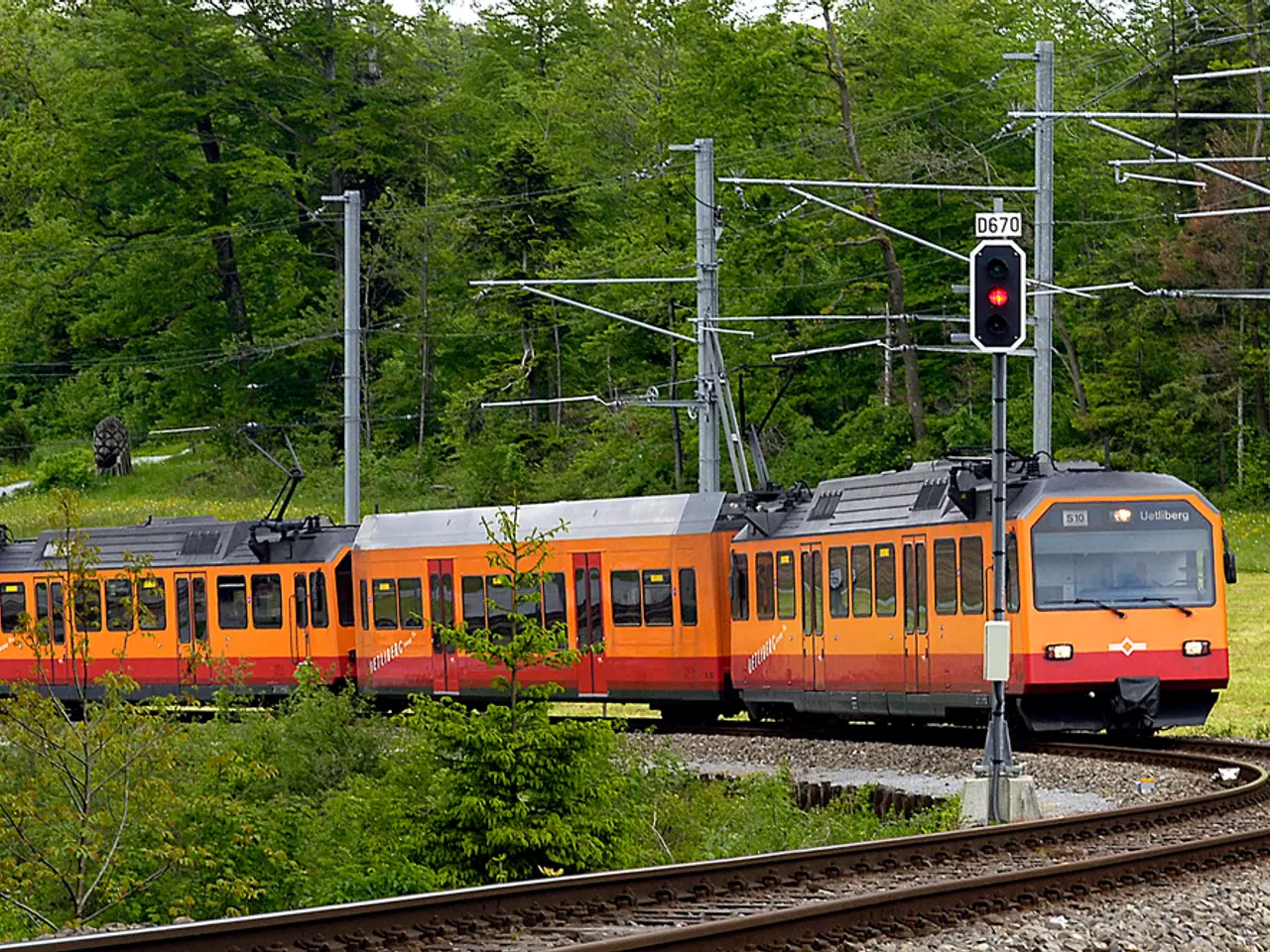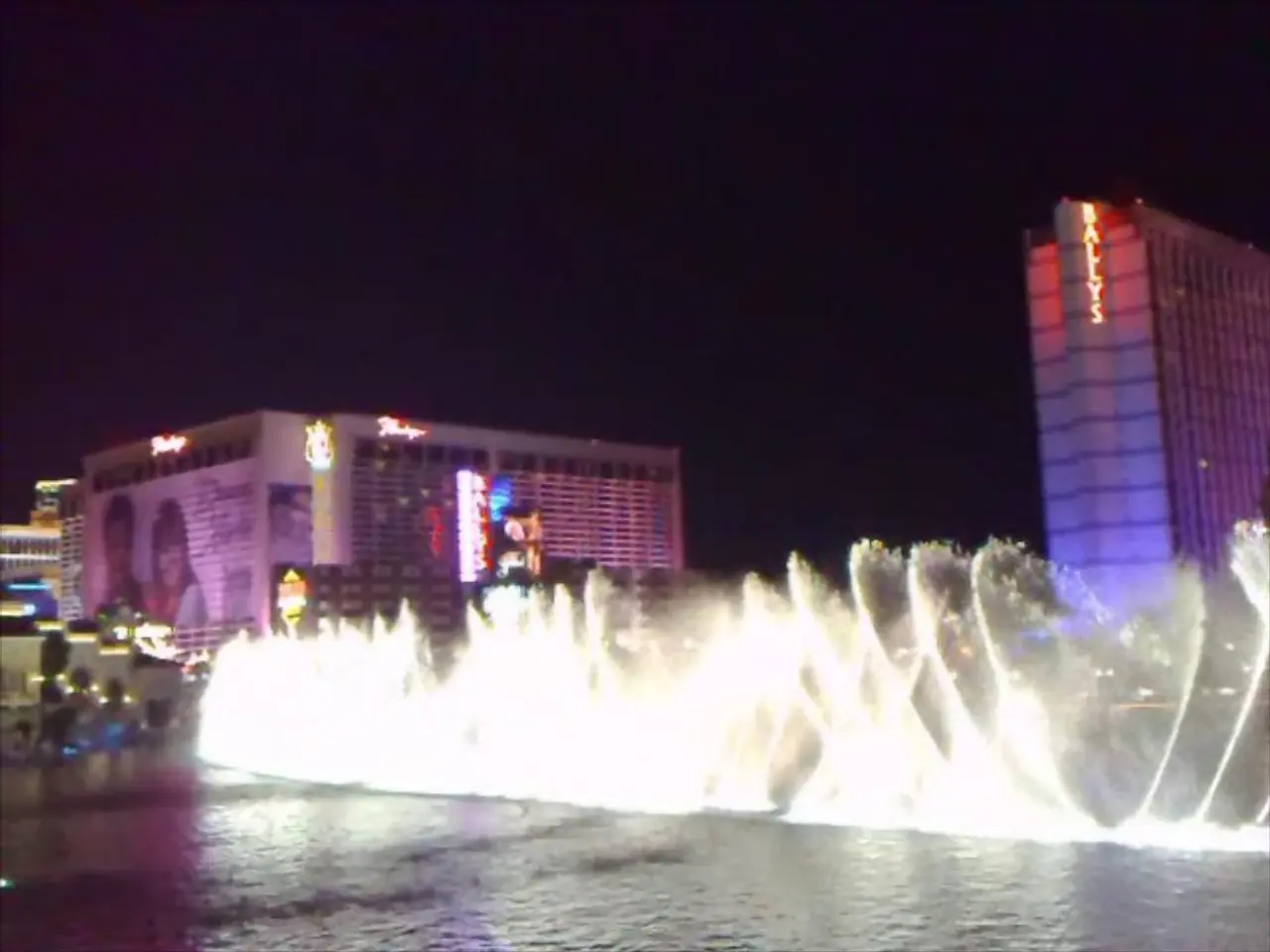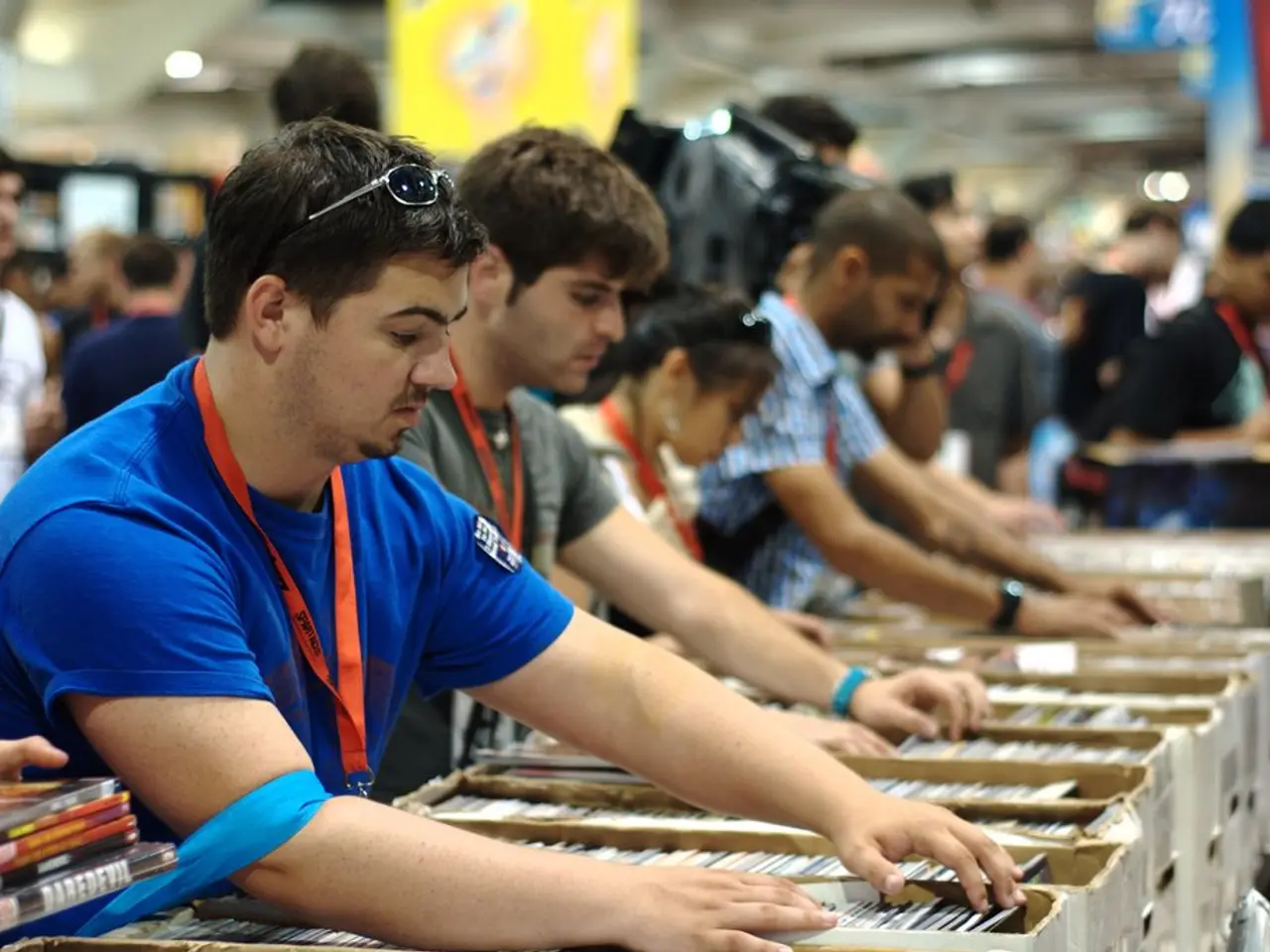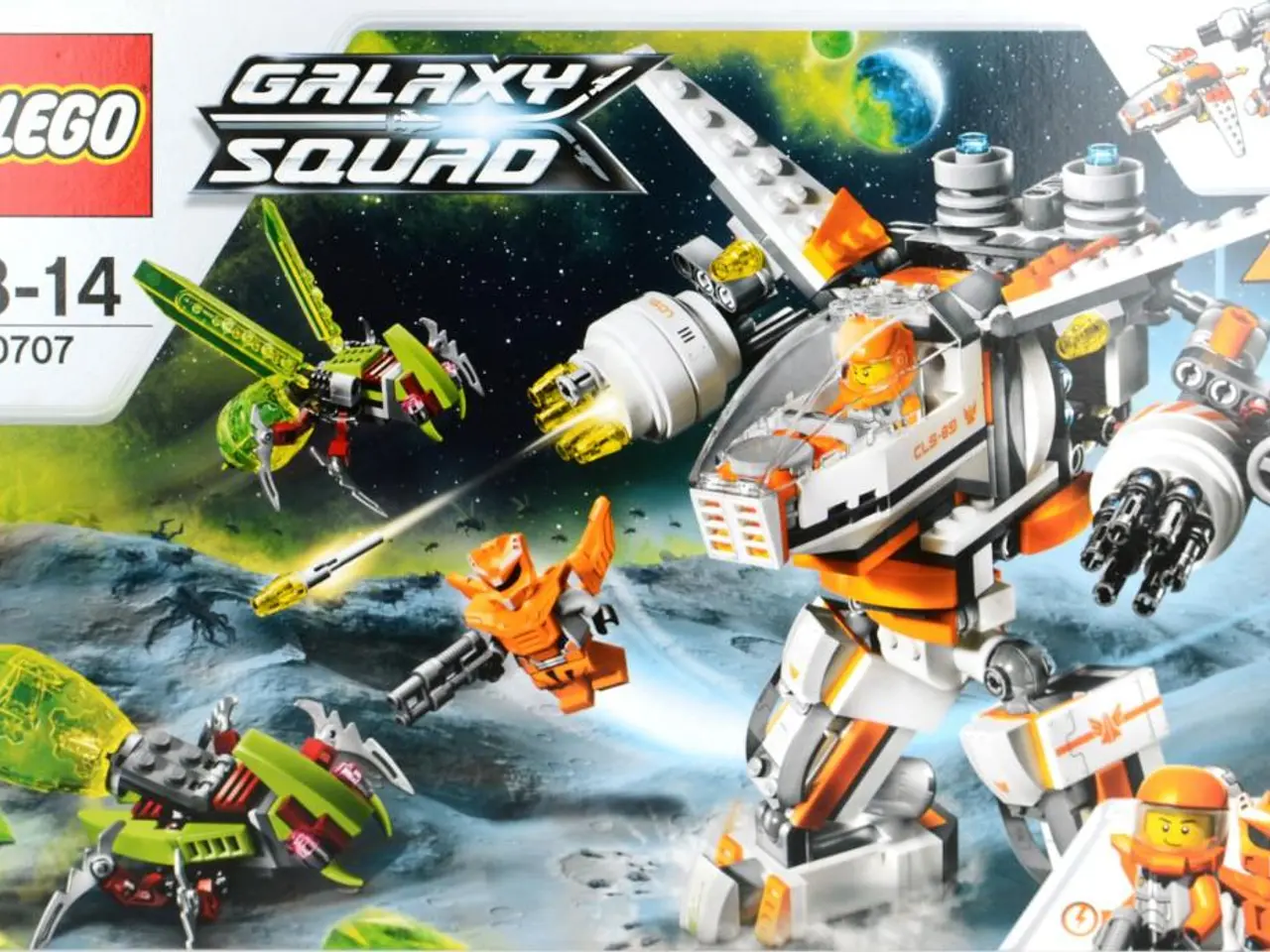Trains powered by electricity set to aid in resolving failures at Line RE 47
In summer 2026, the Duessel-Wupper-Express will witness a significant transformation as Regiobahn introduces battery-operated Mireo Smart Plus B trains on the RE 47 route. These new trains, currently underutilized, are set to offer numerous benefits for both commuters and the environment.
One of the most notable advantages is the reduction in emissions. The battery-powered trains will significantly cut local emissions compared to the current diesel units, aligning with North Rhine-Westphalia's climate goals and providing a more environmentally friendly service.
Passengers can expect an enhanced experience with each two-car unit offering 122 seats, including a dedicated first-class section with eight seats. Additional features include multi-purpose areas, space for bicycles, barrier-free access, onboard Wi-Fi, power outlets, and USB ports. These amenities aim to improve comfort and convenience for passengers.
Seamless connectivity is another key benefit. The battery-electric trains will maintain direct regional connectivity between Remscheid and Düsseldorf, ensuring commuters can continue to travel efficiently without changes in service.
The trains also boast efficient technology, utilizing silicon-carbide technology for ultra-low energy consumption, reducing operating expenses. The battery packs recharge automatically under overhead lines or during station stops, eliminating the need for costly infrastructure upgrades.
The transition to battery-electric trains represents a significant upgrade in technology, promising more reliable and modern mobility solutions for the route, which includes challenging sections like the Müngstener Bridge. The use of ready-to-go Mireo Smart BEMUs allows for a quick and efficient rollout, meeting regional climate targets without extensive preparation time.
Commuters have been using bus replacement services or more circuitous S-Bahn connections due to the breakdowns on the RE 47. The new battery trains, capable of running up to 140 km/h and having a stored energy capacity of up to 120 km, are expected to operate much cheaper and easier in the future.
If an overhead line is available, the train gets its energy from there. If the train runs in a section of the track that is not electrified, the train driver can switch to battery operation. The new trains also feature barrier-free boarding aids for wheelchair users, specially adapted to the platform heights of the route.
On-site observations by the reporter indicate that the new trains are quieter than the air conditioning. If the energy comes from renewable sources, the trains can run almost emission-free, further contributing to environmental sustainability.
The Duessel-Wupper-Express, an attractive direct train service, has been suspended since 2024 due to issues with maintaining the old diesel trains. The maintenance and repair of the new battery trains will be handled by a Siemens plant in Dortmund.
Experts estimate that the operation of the new battery trains will be about a quarter less costly. Battery-operated trains will run between Remscheid and Düsseldorf starting from summer 2026, offering a promising future for sustainable and efficient public transport in the region.
The transition to battery-electric trains will not only contribute to a more environmentally friendly service but also reduce operating expenses due to efficient technology. The battery packs recharge automatically under overhead lines or during station stops, eliminating the need for costly infrastructure upgrades.
With the introduction of these new trains, the Duessel-Wupper-Express will offer more than just a direct service between Remscheid and Düsseldorf; it will also provide passengers with a technologically advanced transportation solution, complete with amenities like multi-purpose areas and power outlets, aligning with the increasing demand for sustainable and modern finance in the industry.




